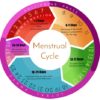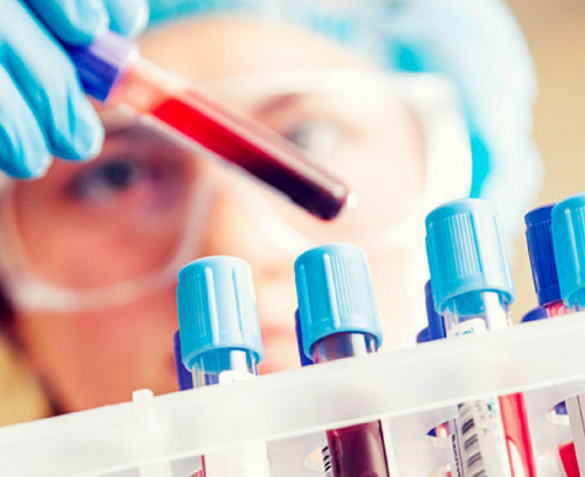Hashimoto’s Thyroid Panel
$229.00
CPT# Multiple
Fasting Required: No
Specimen: Blood
Results: 3-5 Business Days
Tests Included:
Free T3: This test is used to evaluate thyroid function. It is primarily used to diagnose hyperthyroidism. It is also used to assess abnormal binding protein disorders and to monitor thyroid replacement and suppressive therapy .
Free T4: This test is used to evaluate thyroid function in individuals who may have protein abnormalities that could affect total T4 levels. It is used to evaluate thyroid function and monitor replacement and suppressive therapy.
TSH: The best way to initially test thyroid function is to measure the TSH level in a blood sample. A high TSH level indicates that the thyroid gland is failing because of a problem that is directly affecting the thyroid (primary hypothyroidism). The opposite situation, in which the TSH level is low, usually indicates that the person has an overactive thyroid that is producing too much thyroid hormone (hyperthyroidism). Occasionally, a low TSH may resyult from an abnormality in the pituitary gland, which prevents it from making enought TSH to stimulate the thyroid (secondary hypothyroidism). In most healthy individuals, a normal TSH value means that the thyroid is functioning normally.
TPO: The TPO gene provides instructions for making an enzyme called thyroid peroxidase. This enzyme plays a central role in the function of the thyroid gland. Thyroid peroxidase assists the chemical reaction that adds iodine to a protein called thyroglobulin, a critical step in generating thyroid hormones. Thyroid hormones play an important role in regulating growth, brain development, and the rate of chemical reactions in the body (metabolism).
Reverse T3: Since thyroid hormone acts like our internal thermostat, thyroid hormones may be suppressed in times of stress. One way this is done is by converting the thyroid hormone T4 into an inactive form of the active T3 hormone called reverse T3. This lowers the amount of available active T3 which can lead to hypothyroid type symptoms.
Total T3: T3, whose name comes from the fact that it contains 3 molecules of iodine, helps control the body’s metabolism, temperature, growth, and heart rate. Production of T3 is linked to the production of Thyroid Stimulating Hormone (TSH) by the pituitary gland. T4, another hormone produced by the thyroid gland, is often converted into T3 in the liver and other body tissues. Abnormally high levels of T3 are common in pregnancy and with liver disease. Total T3 measurements are used to diagnose and monitor treatment of hyperthyroidism and are essential for recognizing T3 toxicosis.
Total T4: A T4 test measures the blood level of the hormone T4, also known as thyroxine, which is produced by the thyroid gland and helps control metabolism and growth. The T4 test is performed as part of an evaluation of thyroid function. T4 measures the entire amount of thyroxine in the blood, including the amount attached to blood proteins that help transport the hormone through the bloodstream.
| Antithyroglobulin Ab | CPT #86800 |
| Free T3 | CPT #84481 |
| Free T4 | CPT #84439 |
| Reverse T3, Serum | CPT #84482 |
| Thyroid Peroxidase (TPO) Ab | CPT #86376 |
| Total T3 | CPT #84480 |
| Total T4 | CPT #84436 |
| TSH | CPT #84443 |


